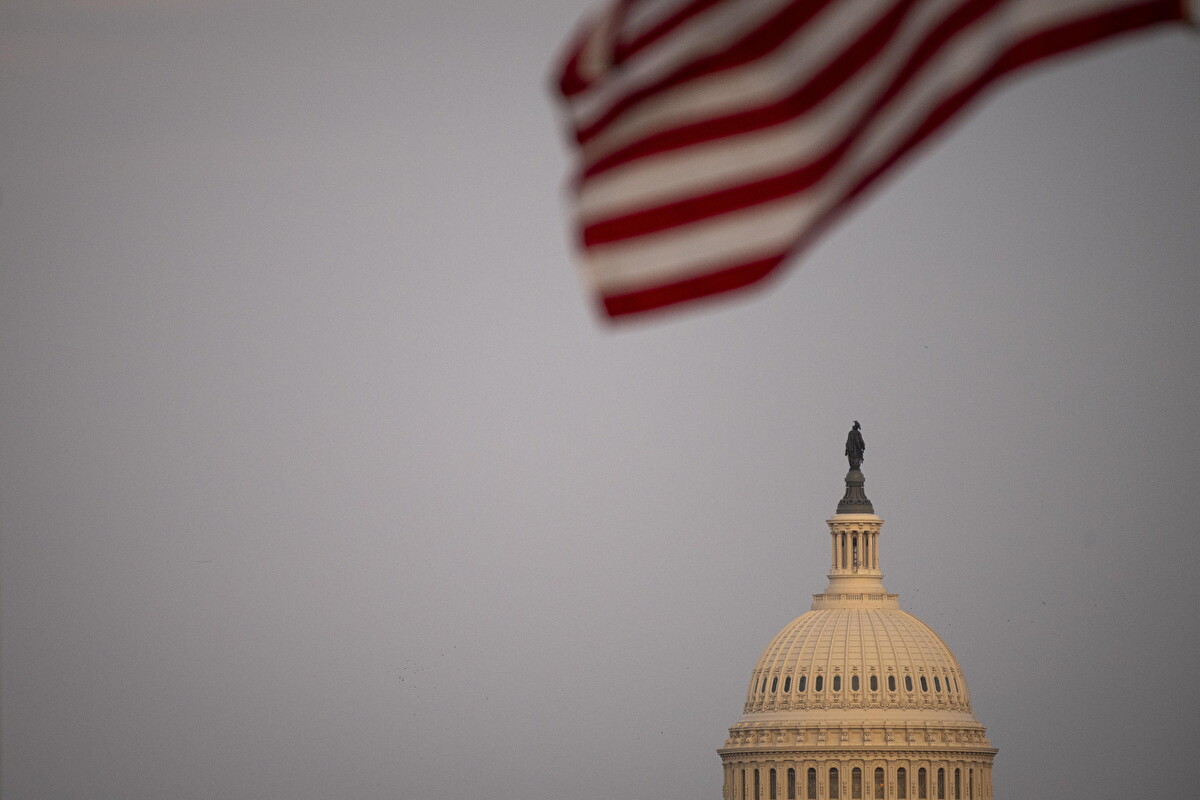New York City is bracing for the incoming Trump administration and the president-elect’s stated plans to implement the “largest deportation operation in the history of our country.” Home to an estimated half a million undocumented immigrants, it remains to be seen how aggressive second-term Trump is going to be with his deportation plans, and how willing our city and state leaders will be in facilitating them.
The readiest targets for deportation are the roughly 1.3 million people in NYC and across the country who have overstayed their visas. Such a maneuver could require the construction of detention camps, an action that Trump said earlier this year he “would not rule out.” Whether the 220,000 asylum seekers would be similarly targeted is not yet clear, although on the campaign trail, Trump and Vance had gone so far as to say they would target legal immigrants as well, like the Haitians in Ohio under Temporary Protected Status that they accused of eating their neighbors’ pets. Experts estimate that a mass deportation program would cost tens of billions of dollars a year and be a huge blow to the American economy, as undocumented immigrants play a disproportionate role in vital sectors of the economy, such as elder care, agriculture, and construction.
Trump’s ability to carry out mass deportations also depends heavily on the city’s cooperation, which is limited by the sanctuary city laws on its books. Mayor Ed Koch first implemented them as executive orders in 1989, which were upheld in subsequent administrations until they were codified into law under Michael Bloomberg in 2011. These rules barred city officials from sharing any information about an immigrant’s legal status unless it was a criminal matter, or if the immigrants themselves granted express permission to do so.
Mayor Bill De Blasio expanded these rules in 2014, removing ICE’s office at Riker’s Island jail and barring police officers from cooperating with the agency’s requests to detain certain individuals for possible future deportation. There were exceptions here as well for cases involving serious crimes, terrorism, and cases where ICE had a judicial warrant to back up its request. In 2018, De Blasio expanded the rules again to require that requests from federal immigration officials be reviewed by “senior city agency officials” to determine if they were being made to assist in deportations.
In his press conference on Wednesday, Mayor Eric Adams mentioned that he did not agree with the expansions codified under the De Blasio administration, and a frequent theme in press conferences featuring Adams and Police Commissioner Tom Donlon is how vital cooperation with federal authorities is to the city’s security. While he assured New Yorkers that he plans to “protect our immigrant communities,” Adams also refused to answer the specific question of whether the city would cooperate with a federal mass deportation program.

Maunel Castro speaking in a press conference at City Hall on Wednesday, November 6, 2024. Michael Appleton/Mayoral Photography Office
The Commissioner of the NYC Mayor’s Office of Immigrant Affairs (MOIA) Manuel Castro has stated that it could come down to how deeply rooted undocumented immigrants may or may not be in their communities. “We saw some mass raids in the first Trump administration at poultry plants, for instance,” he told a press gaggle at City Hall yesterday. “Ultimately, they were not deported, because they had existing ties to the community. They had US citizen children or other cases to be made. […] A lot of the undocumented immigrants in New York City have been here for decades, and we can make a case that they have a strong tie to the community.” Questions about the fate of those who have been here for less time or don’t have citizen children were left unanswered.
The situation comes down to City Hall’s law saying one thing, and the White House’s edicts saying another – such clashes between national and local authority are not new, and Trump already flexed that muscle in his first term as President, as it was recently revealed that Trump withheld disaster relief in various instances (wildfires, hurricanes etc.) based on whether the affected population had voted for him or not. Trump’s brand of political gamesmanship may have a particularly vengeful streak to it, but it is not a phenomenon unique to him. When President Ronald Reagan wanted to raise the drinking age to 21 across the country in his first term, his threat to withhold highway funding to the states that would not go along proved decisive to his success.
In the event that Trump decided to take the drastic step of deploying the National Guard, as was done during the “Operation Wetback” deportation effort under President Eisenhower, Hochul could deny his request. That said, since governor Hochul has refused to implement congestion pricing to raise much-needed funds (roughly $15 billion) for the city’s cash-strapped public transportation system, she may have handed Trump (who probably does not appreciate his hometown’s deep-blue politics) and the federal government writ large a hefty bargaining chip to force the city’s cooperation with their deportation program.












